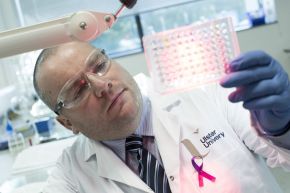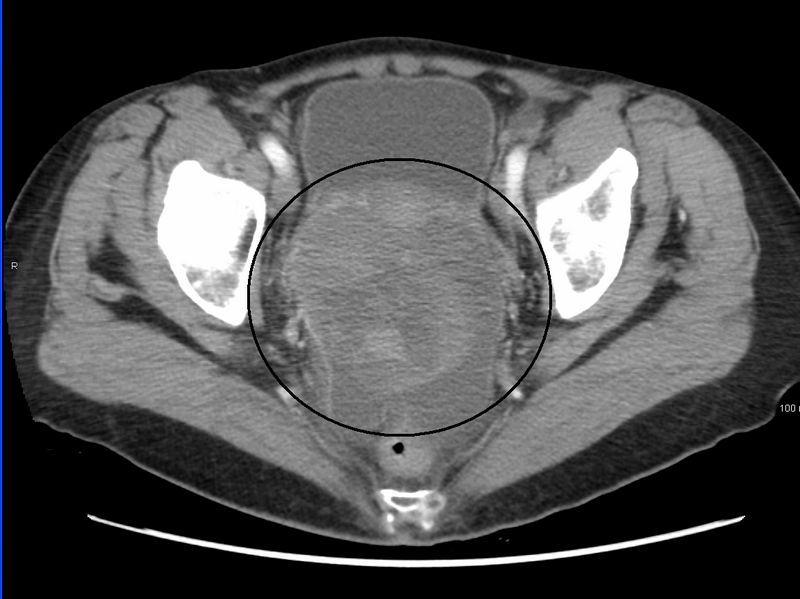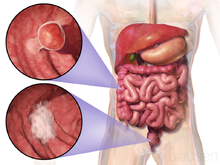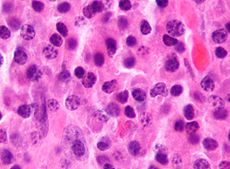History of smoking significantly affects the link
| Image courtesy: National Institute of Dental and Craniofacial Research |
| Image courtesy: National Institute of Dental and Craniofacial Research |
 |
| Ulster University's Professor John Callan led the team of researchers who made the pancreatic cancer breakthrough. |
 |
| Layla, shown here at 16 months, is the first patient to receive new treatment |
| Dr. Sean Morrison, director of pediatric genetics, UT |
 |
A scanning electron
microscope image
from normal circulating
human blood. – Wikipedia
|
 |
| They lymph node system throughout the body is part of the immune system. |
| Image courtesy NCI |
 |
| A very large ovarian cancer (in circle) as seen on CT |
 |
| Two examples of colorectal tumors – via Wikipedia |
 |
| The micrograph shows abundant cancerous plasma cells. – by Nephron via Wikimedia |
 |
| Dr. Diana Bianchi |
 |
| A prolymphocyte is a white blood cell – Wikipedia |
|
Lead author Catherine
Duggan, Ph.D |
Dr. Sushanta Banerjee (seated) is seen
with his research team (from left): Samdipto Sarkar, Dr. Snigdha Banerjee, Dr. Amlan Das, Archana De, and Dr. Gargi Maity. photo by: Tony F. Barnett |
| Wikipedia.org |
| Imagae: courtesy CDC |
| Dr. Qun "Treen" Huo |
| Prostate cell – image courtesy Cancer Research UK |
 |
| Click to view YouTube explanation of palbociclib |